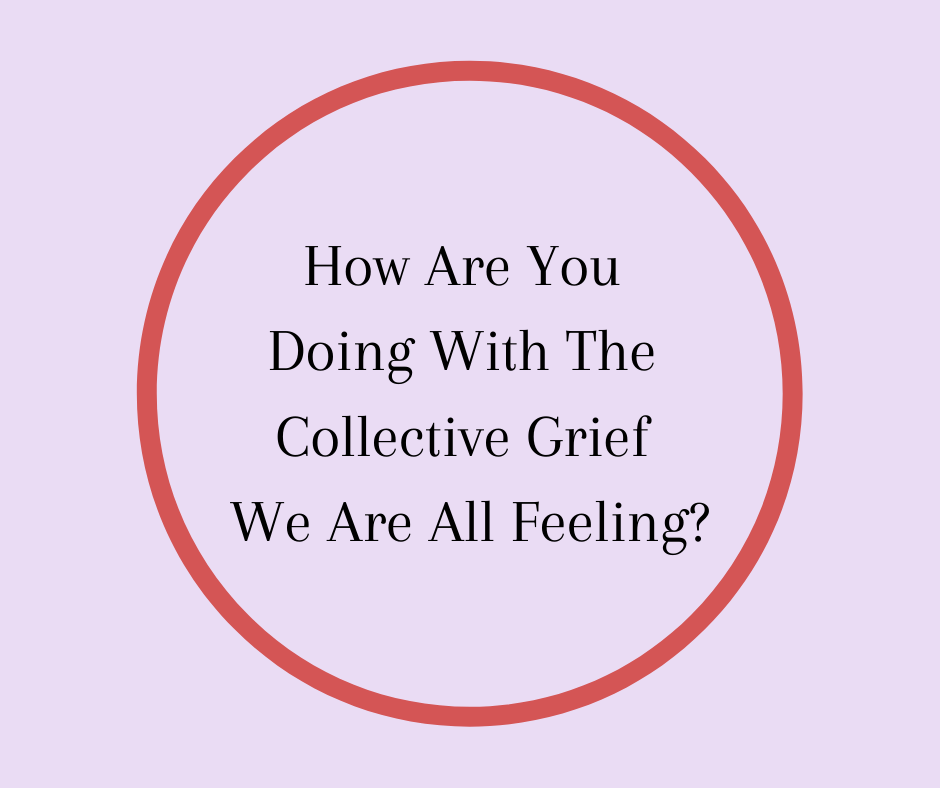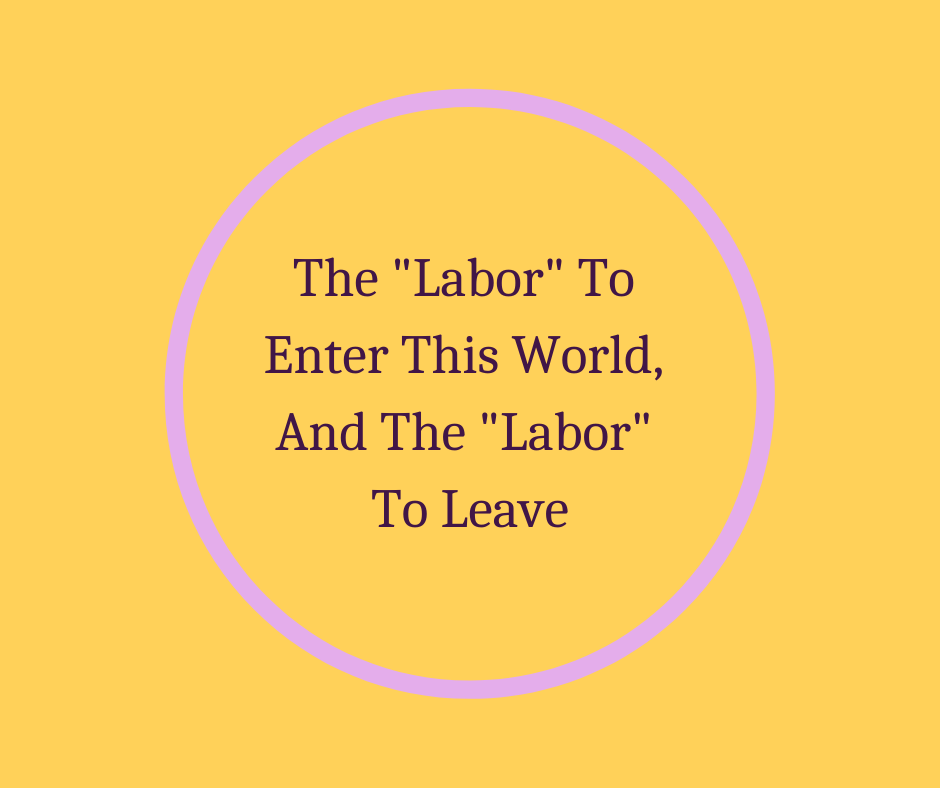In the US, with a thank you to Covid, dying and death is no longer an area we can play ostrich with. For the last two years death has been forced upon us. As a community we are now exposed to services of hospice, palliative care and end of life doulas when previous to the pandemic, not so much.
Here is a “brief but spectacular,” as Judy on PBS NewsHour would say, take on end of life services:
The term used most often to describe the care offered when death is known to be the outcome of a disease progression is Comfort Care.
Comfort Care describes a focus on the quality of life being lived, as opposed to concentrating on the lengthening of that life no matter the quality. Comfort Care is good physical body care (addresses discomforts, hygiene, and activity issues). It is emotional, mental, and spiritual support. It addresses what is important to your well being now that your physical body is not meeting your needs. Comfort Care is guiding and nurturing those around you. It is encouraging you and your family to live the best life you can within the confines of your disease.
Within the concept of Comfort Care is Palliative care, Hospice, and End of Life Doulas.
Palliative care strives to improve the quality of life of patients and their families facing the challenges associated with life-threatening illness. It focuses on symptom management, comfort, and quality of life of patients with chronic injury, illness or disease such as a stroke, cancer, and heart issues. It can be started at diagnosis and is available to patients during curative care efforts. It can continue indefinitely, as long as the patient demonstrates a need.
The National Hospice and Palliative Care Organization, NHPCO, defines the philosophy of hospice as recognizing that quality of life, peace, and comfort at the end of life should be the focus of healthcare when curing a patient’s disease is no longer possible.” The Hospice philosophy accepts death as the final stage of life: It affirms life, but does not try to hasten or postpone death. Hospice care treats the person and symptoms of the disease, rather than treating the disease itself. Hospice care is end of life supportive care given to patients in their last 6 months of life, and to their loved ones during and after the dying process. Hospice assists patients through medical, social, physical, emotional, and spiritual support and services provided by an interdisciplinary team.
The NHPCO defines End of Life Doulas (EOLDs) as "non-medical companions to the dying and their families . . . They may assist in advance care planning, coordinating family caregiving, life review, vigil planning, respite care and bereavement support.”
What is the difference between what Hospice provides and what the EOL Doula’s provide? Hospice services are more medically oriented and are reimbursed by Medicare and most insurance policies. EOL doulas are less medically focused and are not reimbursed by Medicare or most insurance companies. Aside from financial what I see as a major difference between the two services is time. EOL Doulas are generally not on the clock. They can stay for hours at a time. Part of their support is to be with the patient and family at the time of death as well as before and following. They are not shift workers but have the goal of being with clients without having a clock ticking.
These three approaches to end of life care are not opposed to each other. Palliative Care’s focus is care while still receiving treatment. Hospice and EOL Doulas compliment each other and easily work together.
Something More... about Comfort Care is Palliative Care, Hospice, and End of Life Doulas
We have a bundle that incorporates each stage of comfort care called The Family Support Bundle. It covers diagnosis through grief. You may order it here: bkbooks.com








3 comments
Traci
Sadly you represent competition to the income stream which pays well to hospice organizations. Believe me they get paid for every minute they can squeeze onto the clock and since medicare doesn’t cover EOLD care you would end up having to go into business. Sad story for patients but the only one unless you can afford totally private health care.
Sadly you represent competition to the income stream which pays well to hospice organizations. Believe me they get paid for every minute they can squeeze onto the clock and since medicare doesn’t cover EOLD care you would end up having to go into business. Sad story for patients but the only one unless you can afford totally private health care.
barbara karnes
Hi Lynn, I’m so sorry to hear this hospice has missed a great opportunity to enhance their end of life care with an End of Life doula. So sad. Are there other Hospices in your area? Talk with them and see if they are interested. My hope is this is the way of the future. Keep trying!!! I would love to stay in your loop. Let me know how you proceed. barbara@bkbooks.com
Blessings! Barbara
Hi Lynn, I’m so sorry to hear this hospice has missed a great opportunity to enhance their end of life care with an End of Life doula. So sad. Are there other Hospices in your area? Talk with them and see if they are interested. My hope is this is the way of the future. Keep trying!!! I would love to stay in your loop. Let me know how you proceed. barbara@bkbooks.com
Blessings! Barbara
Lynn Jenkins
Barbara do you have a forum by chance where further discussions about EOL vs Hospice exists? I have been summarily dismissed from my role Volunteering at my local Hospice. I was unaware of the militant resistance to embracing EOLDs into the fold of this particular Hospice organization. Expecting to be embraced, but instead refused access to help and support these needy patients and their families I am a retired RN and I found this to be devastating. Any advice??
Barbara do you have a forum by chance where further discussions about EOL vs Hospice exists? I have been summarily dismissed from my role Volunteering at my local Hospice. I was unaware of the militant resistance to embracing EOLDs into the fold of this particular Hospice organization. Expecting to be embraced, but instead refused access to help and support these needy patients and their families I am a retired RN and I found this to be devastating. Any advice??